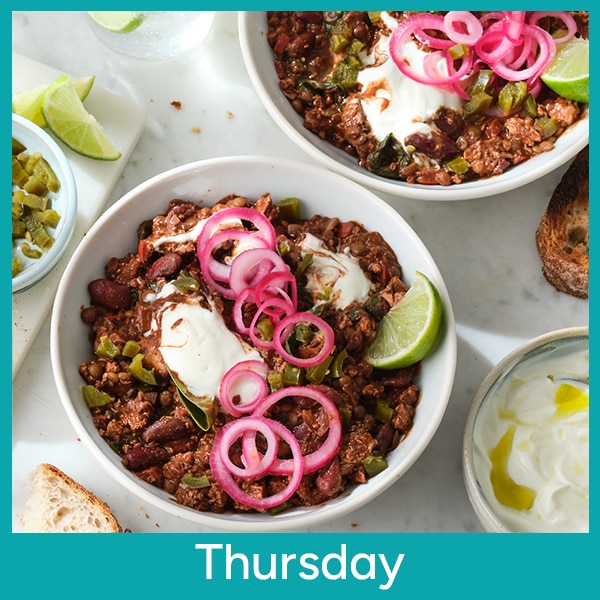15% off €25
Gut health
Here for every happy tummy

Gut health
Here for every happy tummy

From superfoods to super supplements, our range of gut health products here to make your gut happy.

Dr Rupy
Naturally support your gut in just four weeks
Each week Dr Rupy will guide you through brilliant and simple ways to care for your gut.
Week 1 - Get plant power
Why more plants? Firstly, they can be delicious – and the benefits could change your life. Dr Rupy talks energy, mood, skin and more.
And it’s not about bland leaves! We've got plant-packed snacks, sauces and sweet treats to start you off.
Week 2 - Eat more polyphenols
Dr Rupy explains how colour = care. He's got nachos, chia pudding and choc bites on the menu...
Week 3 - Eat more natural prebiotics
It’s not just about feeding yourself – it's about feeding your friendly gut bacteria too. Dr Rupy talks introducing prebiotics (without the smelly side effects).
Week 4 - Eat more friendly bacteria
Create a thriving gut community with delicious, probiotic-packed recipes. Friendly bacteria can ‘work’ for your gut to help digestion and keep things comfortable.
Your gut health meal plan
Discover more about the biggest gut health trends
Learn how to support your gut, in one click
Image Carousel

Our favourite products for a happy gut
Wanting to look after your gut? From tummy-loving treats to plant point-packed cereal, we’ve rounded up our favourite gut-friendly products to stock up on

Ultimate guide for a happy & healthy gut
Healing your gut doesn't have to be difficult! Need a hand? Learn all about the importance of gut health, what to look out for and how to improve it, here




















